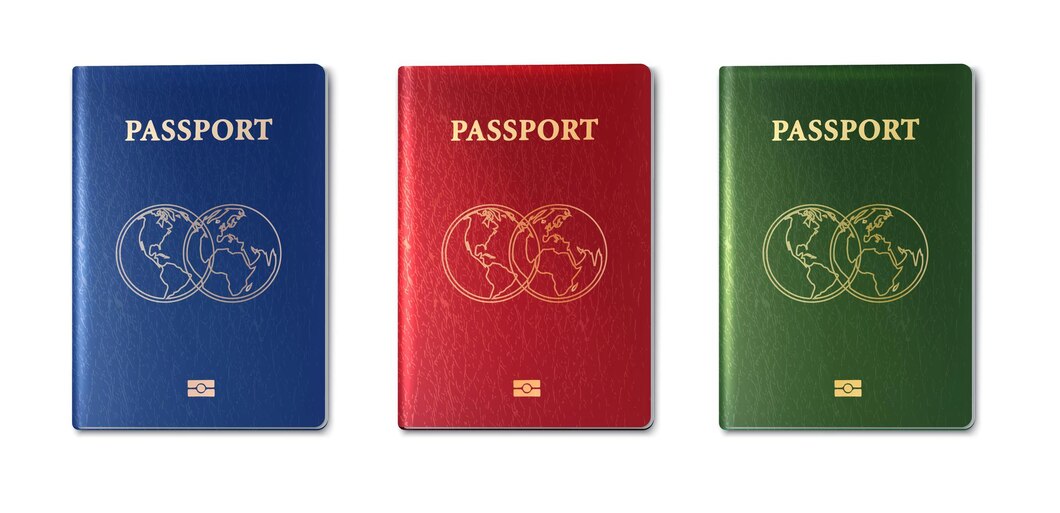By Naima Idris
Accessing immigration services such as biometric registration and passport collection remains a major challenge for people living in remote counties like Lamu. Essential immigration services are highly centralized in major cities such as Mombasa and Nairobi. This implies that anyone wishing to apply for and collect their passport needs to travel hundreds of kilometers just to acquire these documents. The long distance, high travel and accommodation costs, plus other inconveniences, make this process unbearable.
This centralization discourages people from seeking such services or further exposing them to exploitation by brokers who offer to follow up, collect and deliver the documents on behalf of clients. The centralization undermines national efforts to promote inclusivity and equal access to services.
To many, a passport is a gateway to many transformative opportunities such as employment and education. Sadly, many miss out on such opportunities simply because immigration services are out of reach. A heartbreaking example is that of a 15-year-old boy from Lamu who missed the chance to participate in an exchange program in the United States. His parents could only afford the passport application fee but lacked the means to travel to Mombasa for biometric capture and collection on separate dates.
To address this, the government needs to establish well-equipped regional immigration offices in Lamu, offering biometric registration and serving as collection points for passports and other documents. This will promote equity in access by ensuring citizens do not have to undergo hardships for them to receive services. This shall also empower the people of Lamu to travel, work and study beyond Kenya’s borders. Decentralization of this service means fairness, development and dignity. By bringing services closer to the people, we empower communities to fully participate in national and global development.






